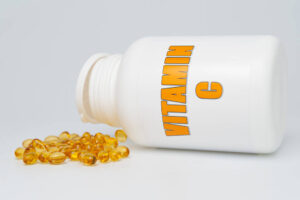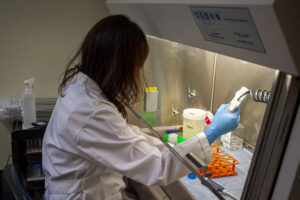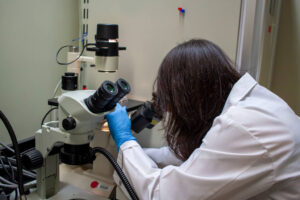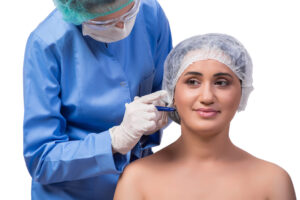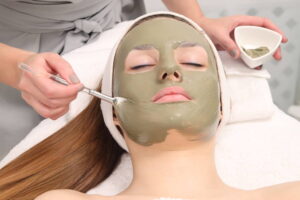Understanding Dentures: What Dentists Call Them and How to Choose the Best Denture Teethdentures dentists
Are you considering dentures to restore your smile and oral function? Dentures, also known as “dental prostheses” in the field of dentistry, are a popular solution for replacing missing teeth.

In this informative blog post, we’ll explore what dentures are called in dentistry, whether you need to see a dentist for dentures and the options for choosing the best denture teeth.
What is Dentures Called in Dentistry?
In the realm of dentistry, dentures go by the name “dental prostheses.” Dental prostheses are custom-made appliances designed to replace missing teeth and restore your ability to eat, speak, and smile confidently. They are typically made from materials like acrylic, metal, or a combination of both, depending on your specific needs.
Dental prostheses come in various forms, including:
- Complete Dentures: These replace all the teeth in either the upper or lower jaw or both. They rest directly on the gums and are secured in place using natural suction or denture adhesives.
- Partial Dentures: Partial dentures are used when some natural teeth remain. They consist of replacement teeth attached to a metal or acrylic framework, which clasps onto your existing teeth for stability.
- Implant-Supported Dentures: These dentures are anchored in place by dental implants, providing superior stability and functionality.
Now that you know what dentures are called in dentistry, let’s move on to the next question.
Do You Need to See a Dentist to Get Dentures?
Yes, you should always consult a dentist if you’re considering dentures. Dentures are not a one-size-fits-all solution, and the process of obtaining them involves several important steps, including:
- Assessment: Your dentist will examine your oral health, including the condition of your remaining teeth and gums, to determine if dentures are the right choice for you.
- Impressions: Precise impressions of your mouth will be taken to ensure a custom fit for your dentures.
- Customization: Your dentist will work with a dental laboratory to customize your dentures to match the color, shape, and size of your natural teeth and gums.
- Fitting and Adjustments: After your dentures are fabricated, your dentist will ensure a proper fit and make any necessary adjustments for comfort and functionality.
- Instructions: Your dentist will provide you with instructions on how to care for your dentures, including cleaning, maintenance, and any dietary restrictions.
Seeing a dentist is crucial to ensure that your dentures are not only aesthetically pleasing but also functional and comfortable.
Which Denture Teeth Are Best?
The choice of denture teeth depends on several factors, including your individual needs and preferences. The three main types of denture teeth commonly used are:
- Porcelain Denture Teeth: Porcelain teeth closely resemble natural teeth in terms of appearance and translucency. They are stain-resistant and highly durable, making them a popular choice for many patients. However, they can be more brittle and may cause more wear on natural teeth if used in partial dentures.
- Acrylic Denture Teeth: Acrylic teeth are lightweight and less likely to cause wear on natural teeth. They are also easier to adjust if needed. However, they may wear down more quickly over time and are more prone to staining.
- Composite Denture Teeth: Composite teeth offer a good balance between durability and aesthetics. They are less likely to wear down natural teeth and are relatively stain-resistant. They can be a suitable choice for both partial and complete dentures.
Ultimately, the best denture teeth for you will depend on your specific needs, budget, and the advice of your dentist. Your dentist will consider factors like your bite, jaw alignment, and esthetic preferences to recommend the most appropriate denture teeth for your situation.
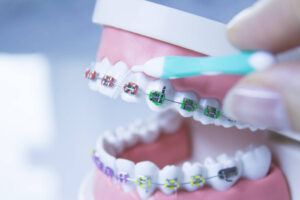
In conclusion, dentures, known as “dental prostheses” in dentistry, are a valuable solution for replacing missing teeth. It’s essential to consult a dentist when considering dentures to ensure a proper fit and functionality. When choosing denture teeth, work closely with your dentist to determine the best option based on your individual needs and preferences. With the right guidance and care, dentures can help you regain your smile and confidence.
Learn more at Wiki as well.








